Home Server: Why you shouldn’t build one
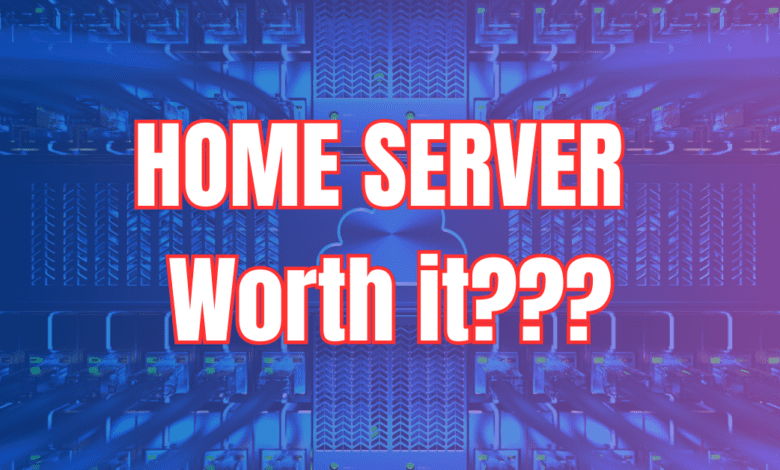
You can do so much running your own home server. It is a great tool for learning and actually storing your data. Many prefer to control their own file sharing, media streaming services, and also run their own web server hosting self-hosted services. However, let’s look at a home server from a slightly different angle – why you shouldn’t build your own home servers.
Table of contents
What is a Home Server?
Home servers provide hardware that is dedicated to the purpose of serving out services in your home network. It can be any type of hardware (dedicated server, an old desktop computer, mini PC, NAS device, or something else) that is dedicated to serving out resources. What types of things do many people like to host? Services may include server functions like a file server, home security systems, etc, on a home network.
Generally, home servers don’t require much of the computer’s processing power, so older CPUs tend to work well.
Many operating systems can be used. You can use evaluations of Windows Server, free Linux distros like Ubuntu Server, and hypervisors. These include Proxmox, VMware vSphere, Hyper-V, XCP-ng, KVM, and other virtualization software.
Running your own home server generally requires some basic tech knowledge, but you don’t have to be an expert. In fact, many run a home lab simply to build their knowledge and skills for a specific technology. Before we look at why you shouldn’t build a home server, let’s consider why some do want to build one.
Overview of pros and cons
Note the following pros and cons of Home servers:
| Reasons to Build a Home Lab | Reasons Not to Build a Home Lab |
|---|---|
| Control over your data | Financial investment required |
| Personalized technical playground | Space and noise considerations |
| Improved technical skills through practical experience | Time commitment and balance with family life |
| Opportunity to explore and master new technologies | Risk of becoming a distraction from other responsibilities |
| Real-world scenario emulation for better understanding | Potential steep learning curve for beginners |
| Professional skill development and future-proofing career | Difficulty in troubleshooting and resolving issues without prior experience |
| Family engagement in learning and understanding technology | Energy consumption and possible increase in utility bills |
| Controlled environment for testing new software and configurations | Cooling costs are a consideration |
| Optimizing hardware utilization through virtualization | You are responsible for backups |
| Creating a tech environment for learning and growth |
Let’s look at a more in-depth comparison.
Why set up a Home Server?
Control Over Your Data
With a home lab home server, you can store files, manage your e-mail messages fully, and even host your own web pages on your own server within your local network, much like cloud servers, but with total ownership.
This control and ownership means you can set up your data security, and backups, and ensure that all your data is backed up according to your own standards and controls.
Improved File Sharing and Access
A home server facilitates file sharing and enables you to access files and access among different devices on your home network. Whether it’s documents, media files, or even multiplayer games, a home server acts as a central hub where files are stored and accessed by different devices including computers, mobile phones, and other smart home appliances.
Enhanced Media Streaming and Gaming Experience
With a home server, media streaming, and online gaming become more seamless. You can host your own media files and stream them across different devices, or even host multiplayer games for a better gaming experience.
Cost Savings Over Time
Although there’s an initial investment in hardware and software, over time, having a home server can be more economical compared to subscription-based cloud storage services. Moreover, the option to repurpose an old computer as a server can further cut down on costs.
Learning and Skill Development
For tech enthusiasts, building and maintaining a home server is a rewarding project that enhances technical know-how. It provides a hands-on learning experience in networking, operating systems, and server management.
Why Not Build a Home Server?
Note the following reasons not to build a home server:
You don’t like to work with hardware
You want your hardware to always be up-to-date
You want the lowest power bill possible
You don’t enjoy tinkering and troubleshooting
You don’t want to worry about backups
1. You don’t like to work with hardware
If the thought of dealing with hardware, setting up a home server, and troubleshooting technical issues doesn’t appeal to you, building a home server may not be the right choice. There’s a significant amount of hardware tinkering involved, from choosing the right hardware to installing and configuring the server software.
Home servers might not always have the latest hardware. If you want to have up-to-date hardware “all the time”, a home server might not be what you are looking for as it will mean you are responsible for the hardware updates, which can be both time-consuming and costly.
Especially if you are already not inclined to work with hardware, as in point 1, it can be a challenge to stay up-to-date with the current hardware or have to deal with hardware refreshes in 2-5 years.
2. You want the lowest power bill possible
Home servers generally operate round the clock, which could lead to a higher energy bill. If minimizing energy consumption is your priority, having a home server up and running around the clock may not be something you want to have on top of normal power consumption.
3. You don’t have adequate cooling
Tagging along with your electric bill is concerns over cooling. Once you start putting a number of different devices in the same space, heat will be generated. Many start out placing a home server in a closet or other space that doesn’t have very good airflow.
This can lead to hardware failures and other damage to the devices, along with making spaces or rooms uncomfortable due to the excess heat. If you don’t have a good space or a good cooling solution for your home or room, you may not want to run a home server.
4. You don’t enjoy tinkering and troubleshooting
Building a server requires a willingness to tinker, troubleshoot, and solve technical issues. If you prefer a set-and-forget solution, home servers may not be the ideal choice.
5. You don’t want to worry about backups
Home servers require a robust backup strategy to prevent data loss. If you don’t want to worry about backups and prefer automated cloud backups, a home server might add to your concerns.
Take a look at my resources dedicated to building your own home servers below:
Frequently Asked Questions
You can use Windows Server, Linux distributions such as Ubuntu Server, and bare-metal hypervisors like Promox or VMware to host virtual machines or containers that run your services.
Absolutely. Many repurpose old computers or mini PCs as home servers. However, you will need a CPU that has extra processing power and storage capacity to handle the virtual machines and containers you plan to run on it.
It provides great hands-on experience to learn about networking concepts, managing servers, and even basic tech knowledge about hardware and software configurations. It’s also a great way to learn how to troubleshoot operating system issues and problems with the network.
It can store and manage data from home security systems, control smart home appliances, and even manage heating or lighting systems through a web proxy or dedicated applications.
Both allow you to access your data from anywhere. However, it is all about control. You control everything related to your server. With cloud solutions, you are subject to their standards and data access. Cloud storage is easier with requiring only an internet connection, but home servers provide much more control over your data and freedom from cloud service providers.
Yes, with the right configurations, like VPN software, you can access your server remotely, enabling you to retrieve files, manage your media, and even control other devices on your home network from anywhere.
Use power-efficient hardware. Also use strategies to help reduce power consumption, like sleeping your servers or powering them down when you don’t need to access your data.
It manages traffic between your home network and the internet. It is where you setup configurations that allow you to access your server from outside your network when you are traveling, etc.
How can you prevent data loss?
Regular backups are crucial so you don’t lose data. If you have server or NAS devices make sure your hardware is redundant using RAID technologies and consider off-site backups to cloud storage or other locations using available backup software.


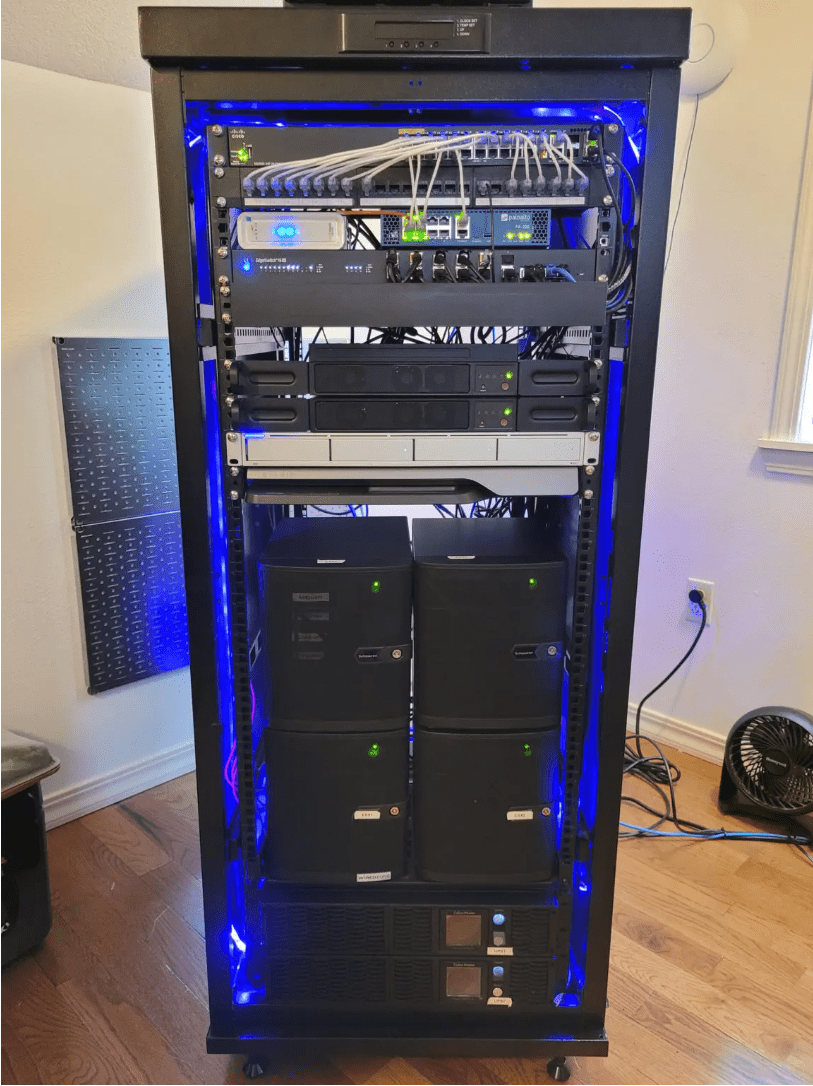
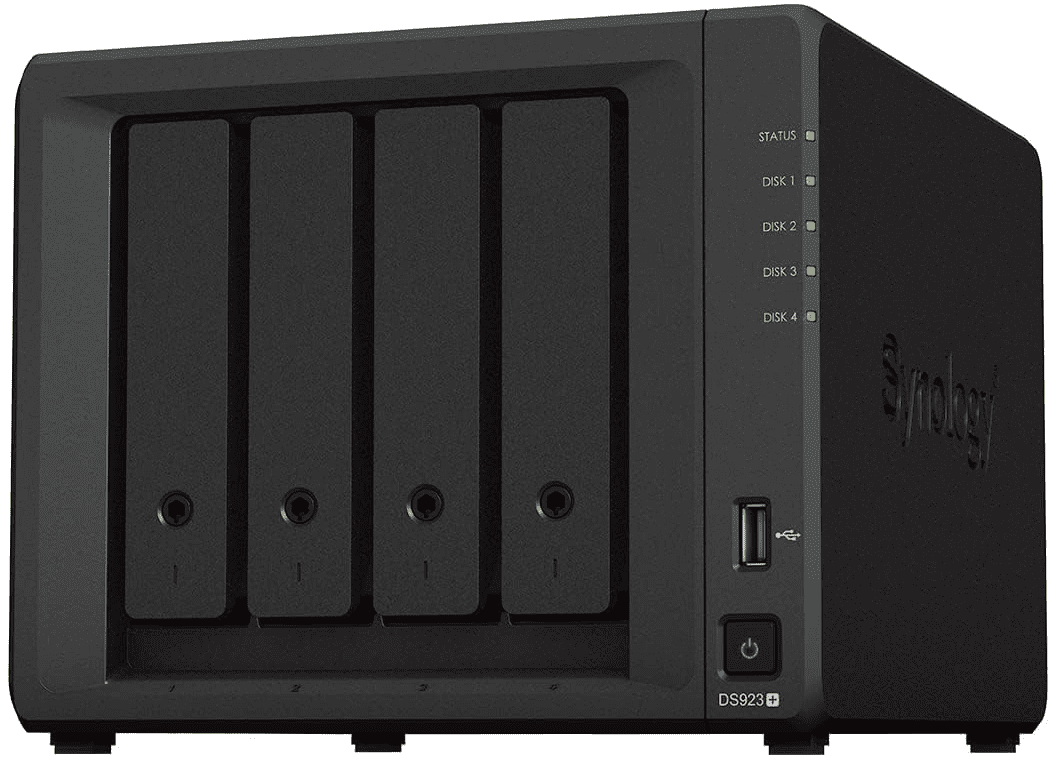




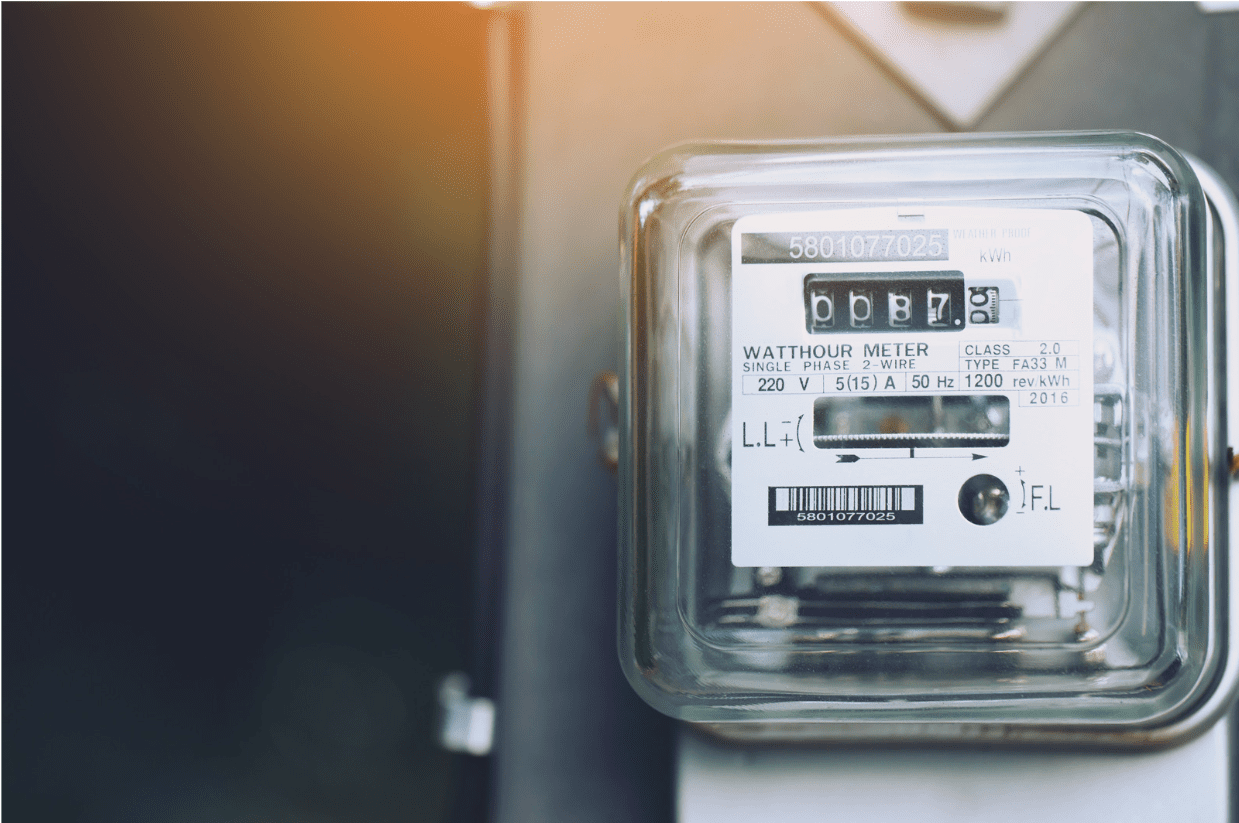
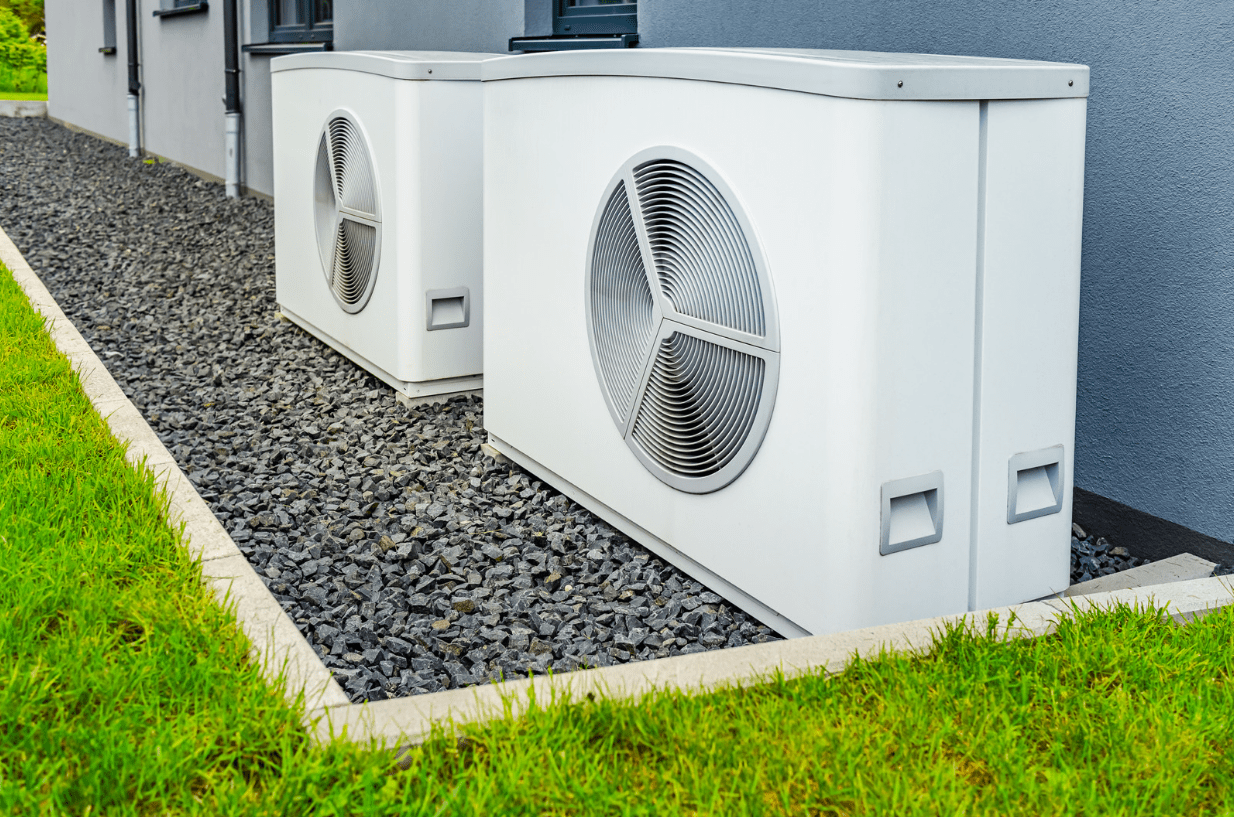

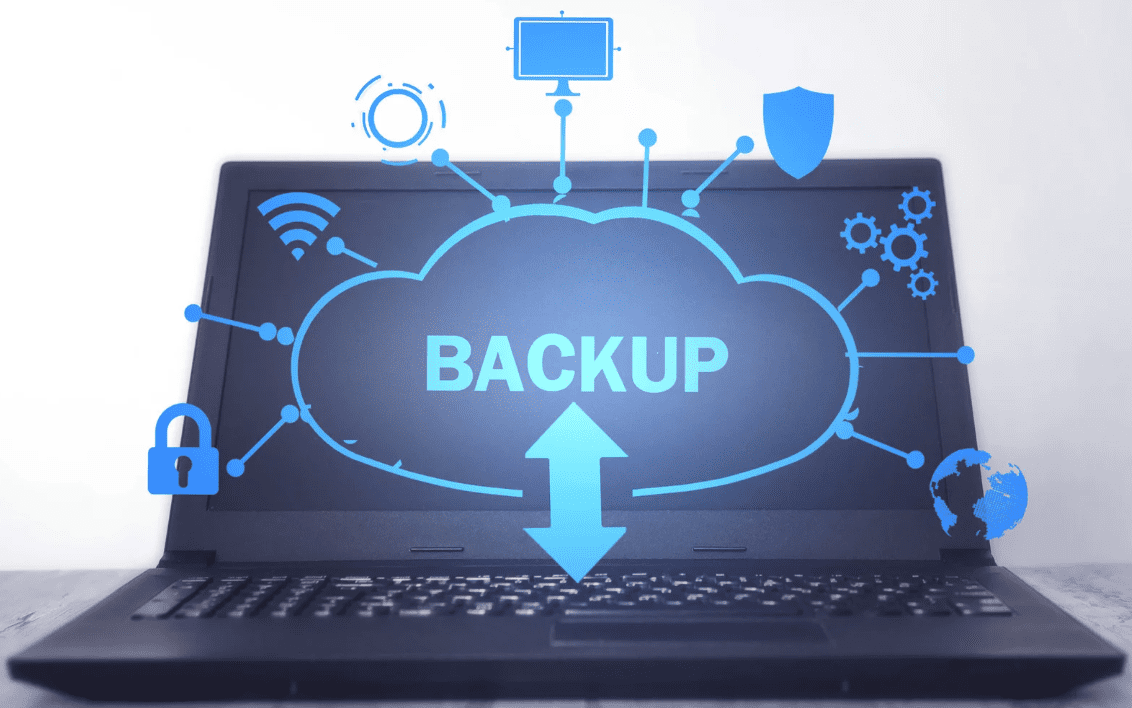


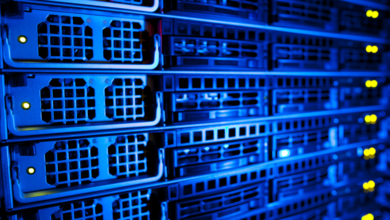
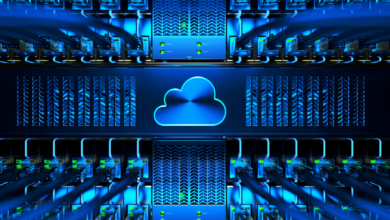
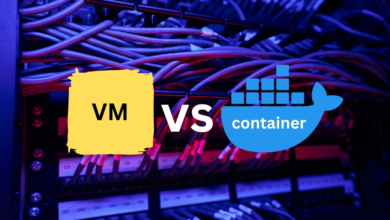
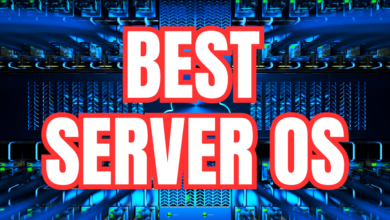

Another great article Brandon!
Thank you Robert!
Brandon
Ok, let’s be honest, the server depicted here isn’t the kind of “server” the vast majority of people are going to setup in their homes. That monstrosity belongs in a business or corporate office, not some dudes basement that one decided to set up a plex/file server.
The vast majority of people will use an older (or maybe even purpose bought/built) PC with regular consumer parts in a regular case stashed away somewhere in there home near their router. Their power bill for using such a PC will be measured at most in 10s of dollars for a whole years worth of use. Heck some will use a RPi and use less than $5in a year.
Ditto. I bought a rebuilt NAS, 2 refurbished desktops with 2x4TB of rebuilt drives for about $300 in total. The NAS gives me global access to my rw data; every night the two desktops backup the rw data across the internet and my personal offices that are 350km apart creating 3 copies of my data; and they synchronize the music and movies folders for fast local DLNA access… and in case internet is down. The cost of hosting 2TB is $10/month; I would need a desktop at both locations anyways to work; and the download and upload of 30-40TB of LLM to a “free” Google server will cost more than what I would have to pay for home Internet access. And the total energy consumption is about 100w which I would have anyways… In short, you don’t need to rack and stack a few thousand watts to have an infrastructure. And if you don’t like hardware, you are definitely not in the market for that beautiful rack. If you ever want someone to take it apart and get rid of it, please let me know.
Mohsen,
Thank you for sharing! It definitely sounds like you have found the sweet spot with your “home servers” and haven’t overprovisioned anything. It is definitely true, you can have very economical and power efficient lab environments. Thank you again for sharing.
Brandon
Jonathan,
Thanks for the comment! I guess I will take the description of my server rack as a compliment 🙂 I personally think home labs and home server configurations can be very economical done the right way and sized appropriately. However, like my lab shows, it is easy to go overboard with hardware, mainly because it is super fun. However, just wanted to play devil’s advocate for this post and take the opposite view of why ones might have second thoughts. Thanks again for sharing your thoughts.
Brandon
You need JUST old pc and install somekind server os just that not huge enterprise stuff.
Nsbsbs,
Been there and done that. If you want your services to be highly available and resilient to hardware failure which most will want to do, if you truly replace the cloud with a home server, you have to run your services like an enterprise 🙂 There is a reason why the enterprise runs things the way they do. If not, you don’t have critical data.
Brandon
The article is bit pointless.
First of all, who NEEDS to upgrade constantly a server’s hardware? Don’t brother, ill answer… Someone with an obsession.
Power costs? Lesser then sharing some comercial private infrastructure plus human resources with other clients.
Plus, you garante your data is not training some AI for free.
Power costs? With that much christmas lighting on your server? Spare me.
Ir looks more like a piece on behalf of comercial cloud services.
Not convinced.
Rui,
Thank you for your comment. However, if you will notice there are no links to any commercial cloud services in the post. So not a marketing piece, just my thoughts on home labs and legitimate reasons why some choose not to build one. Like production environments, one of the reasons why servers need to be constantly upgraded is due to deprecation of support from vendors, especially from hypervisor perspectives. If you want to run the latest software, often you have to upgrade the hardware to follow suit.
Brandon